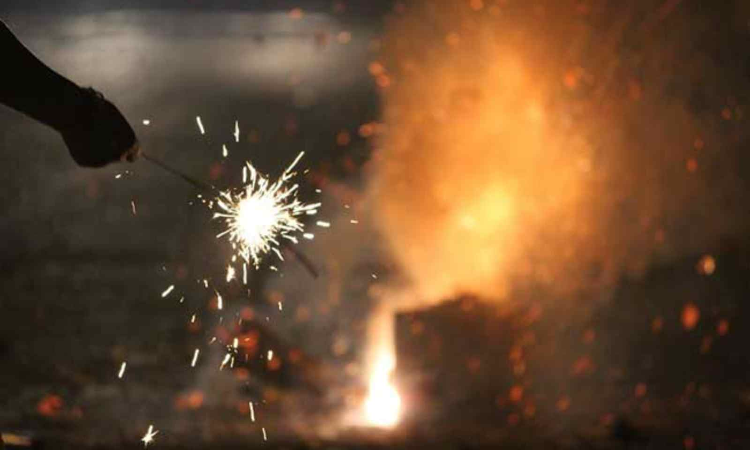Decide On Complete Firecrackers Ban In Karnataka Within 3 Months : Karnataka HC Directs State Govt
Mustafa Plumber
22 Jan 2021 9:38 PM IST

Next Story
22 Jan 2021 9:38 PM IST
The Karnataka High Court on Friday directed the state government to within three months decide on the prayers made in two petitions, seeking a complete ban on use of firecrackers within the state of Karnataka. A division bench of Justice B V Nagarathna and Justice M G Uma, gave the direction while disposing off the petitions filed by Dr.CA S Vishnu Bharath and an NGO...
